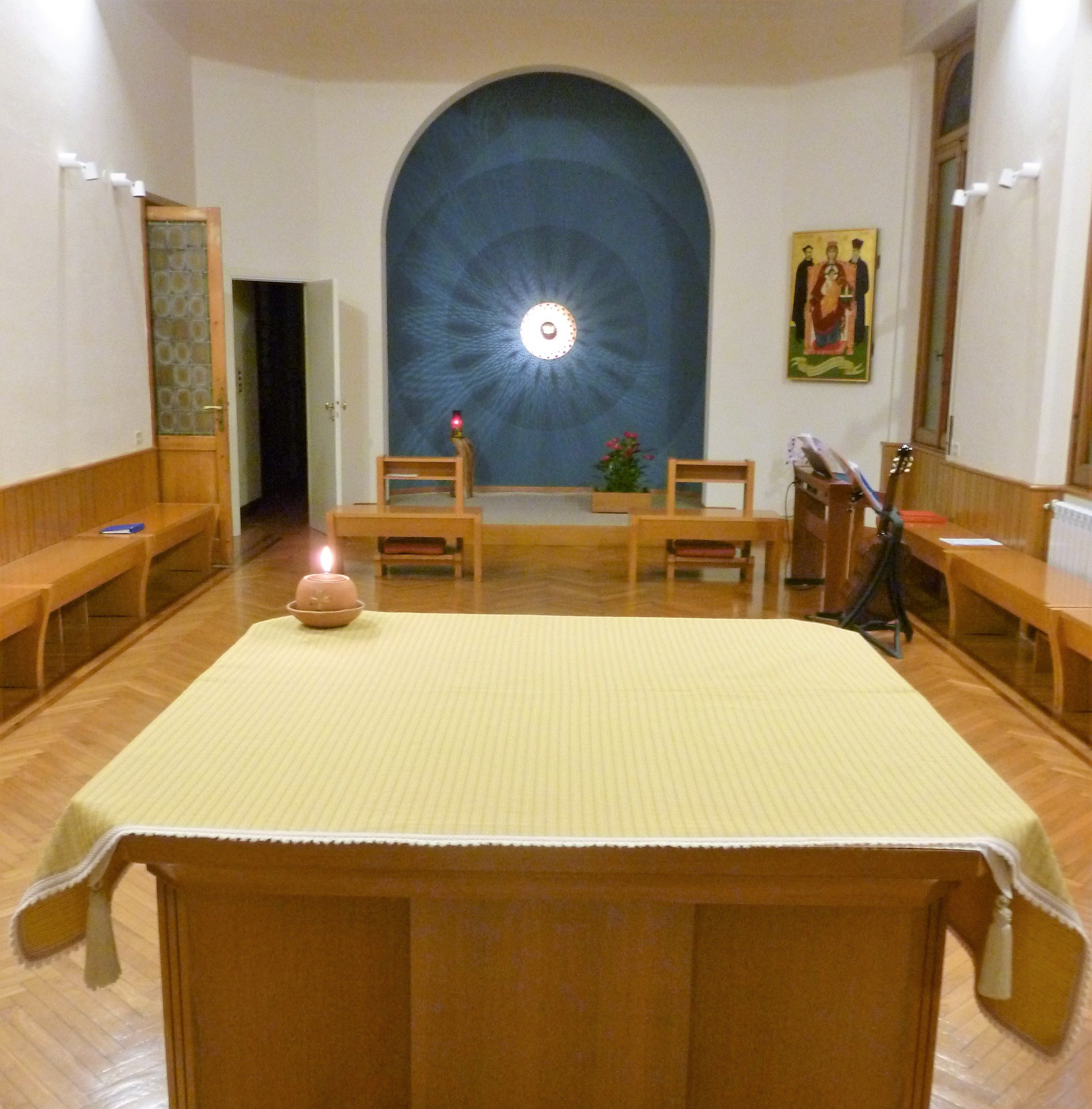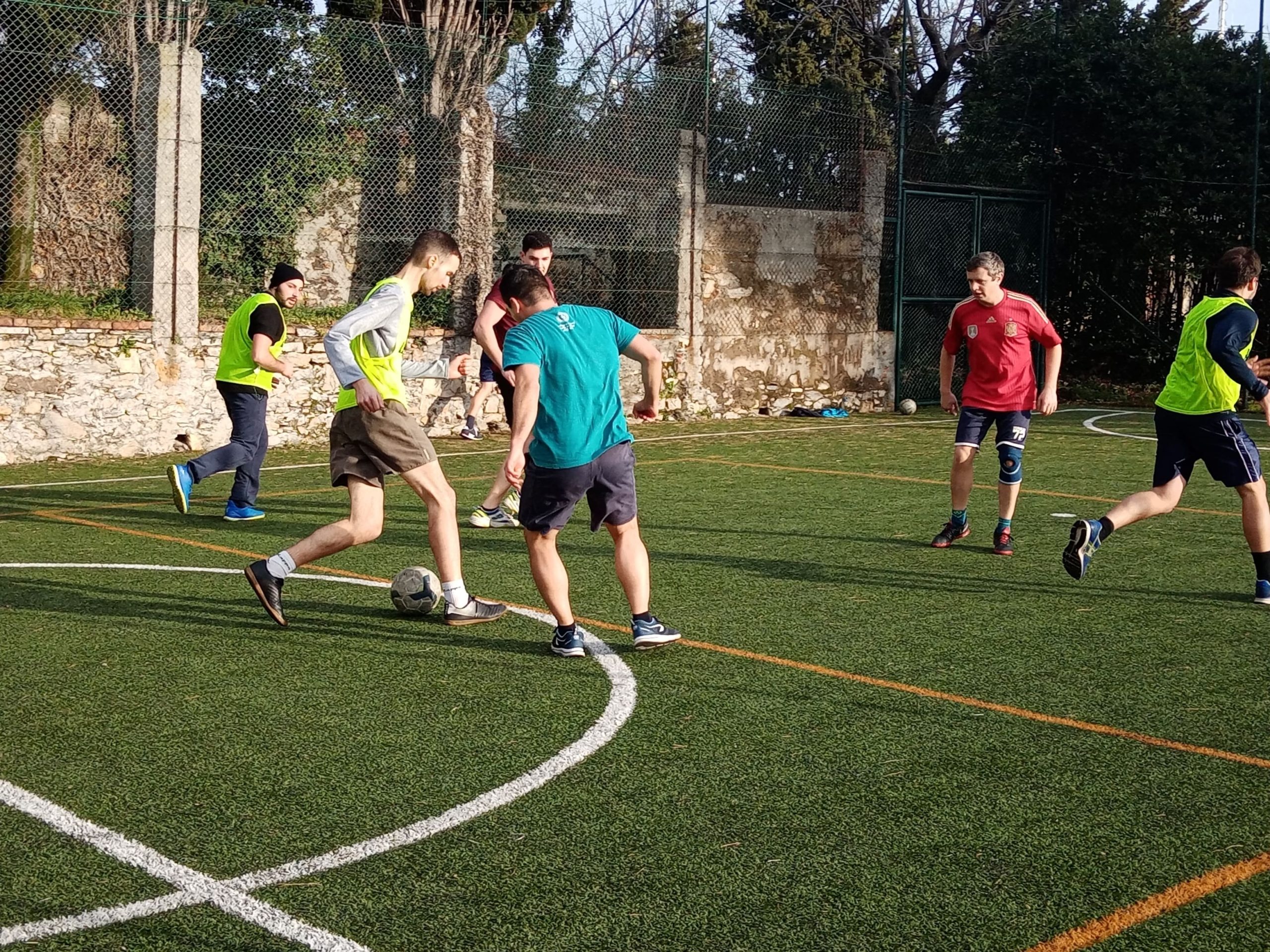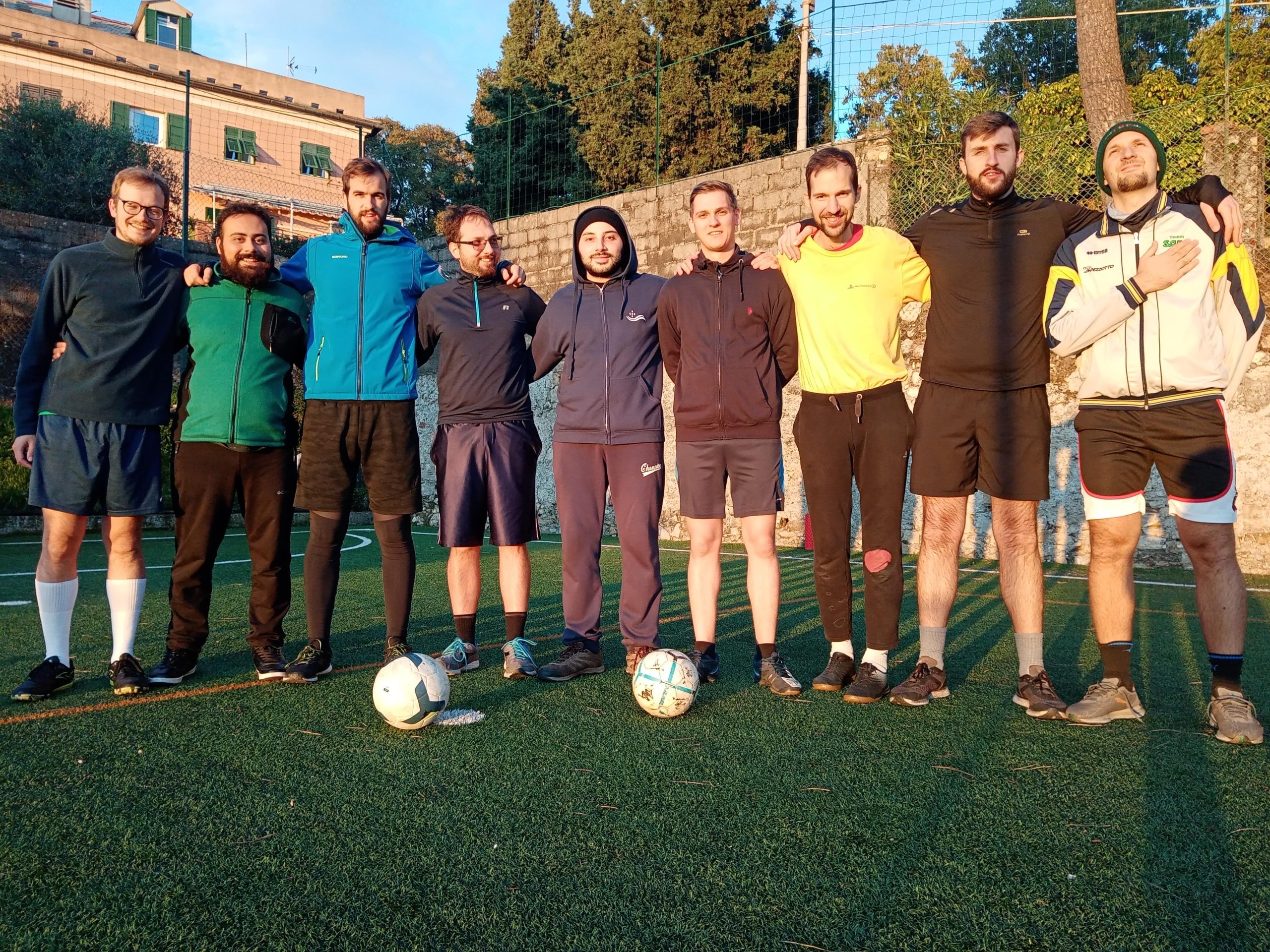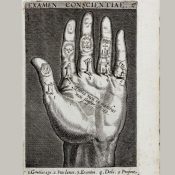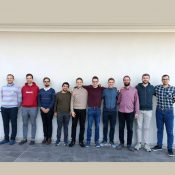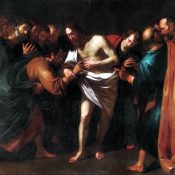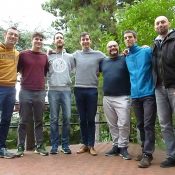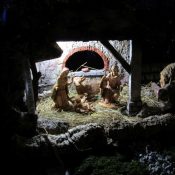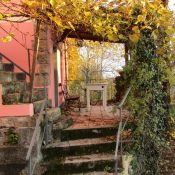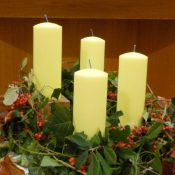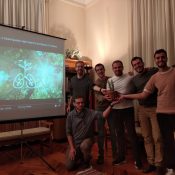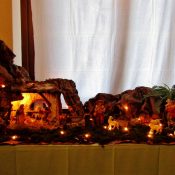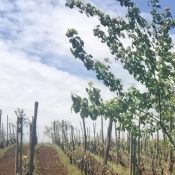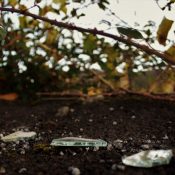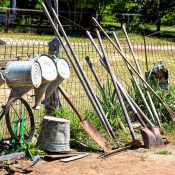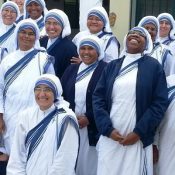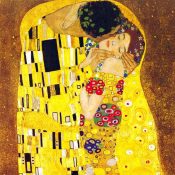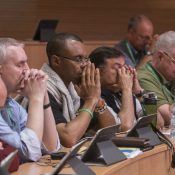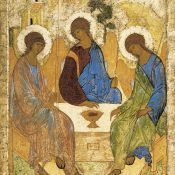Reading the title of this article what do you think, is there such a forest? How do you imagine it? Who would live in a place like this? Now I invite you to stop for a moment and imagine.
The round forest with four corners is the title of a collection of fairy tales by a Hungarian writer, Ervin Lazar. At the beginning of the story we don’t find a description of this forest. The writer leaves this point open and immediately begins to introduce the characters. The place is created through their connections. The protagonist is called “Mikkamakka”, a cat who invites several marginalized characters to the forest: Siegfried Bruckner, an old artist lion, Serafin Horse, a blue steed, Aromo, the smart rabbit that failed the running test, “Vacskamati”, the wild cat, Big Zoard, the pine tree that can walk, Beast Louis, who is good-hearted with a heart of gold and finally Domdodom, who can say no other word but this: domdodom.
What an interesting group! It seems that all of them have some flaws, but in this forest they can live with joy, in peace and being themselves. Seeing us novices, we are not very different from these characters. We too have our flaws, our weaknesses and the need to feel at home where we can be ourselves.
In this period of covid-epidemia we in the novitiate are living in a privileged state. That is, every day we encounter Jesus through the Eucharist. Something very similar happens during Mass as in Ervin Lazar’s forest: on the square altar Jesus will be visible in the round host and invites us to union. At this moment our chapel becomes a round forest where we meet in the love of Jesus, who helps us to love and accept ourselves and our companions. By meeting this love we are also invited to share it. Using the same words of the Hungarian writer, we become “Mikkamakka”, that is, apostle of love.
For the majority of people this kind of encounter is not possible now. Therefore I would like to invite all those who wish to meet Jesus in the Eucharist to imagine this sacred forest.
Let us begin our contemplation in this way: Where is this forest? Big or small? What kind of trees do I see? I can stop at every little detail. Once I have created the place I continue to put on the scene all the people living around me, I look at them with their shortcomings, weaknesses and even their talents. Then I continue to imagine a square altar that can also be that of my parish. And finally I put in this image the round host. Then I contemplate this scene: the physical space, the people, the Eucharist. Now I have the possibility of remaining on this moment. I can stay for long minutes, which is not possible during Mass.
Contemplating this scene, I slowly open my heart and before I begin to speak with Jesus, I remain silent. I let Him talk to me first. I leave room for Him. I let Him enter into my heart. Now in this intimate and sacred moment comes the moment of conversation. I talk to Jesus as I would talk to someone who whispers in my ear. Perhaps I hear Jesus inviting me into his heart. I continue the conversation with the help of the Spirit and remain with Jesus. If I want, I can ask Him to stay with me all day long.
After this meeting I am no longer alone. With a thankful heart I continue my day and share the grace with all those I meet by inviting them to this round-square forest as Mikkamakka did.
Dániel Tímár, first years novice
